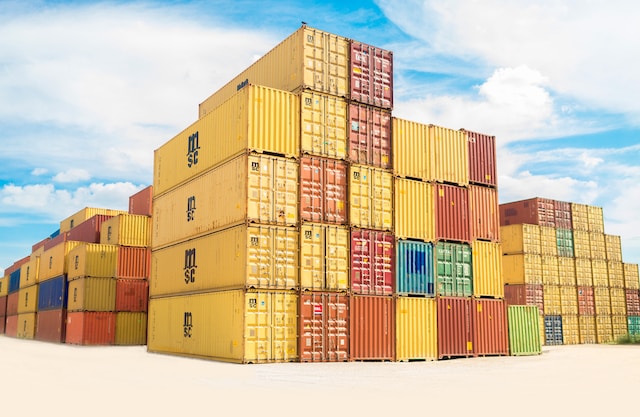
Contributed by Ms. Zhao Jing, Hylands Law Firm. For more posts about China Customs Affairs, please click here.
What should I do if China Customs questions a preferential certificate of origin submitted by an importer?
Recently, we have received inquiries from Chinese importers indicating that China Customs had challenged the preferential certificates of origin submitted by them, claiming that they did not meet the standards for certificates of origin as agreed in the agreement. As a result, Chinese importers may not be able to obtain the preferential tariff rates as agreed.
So, how does China Customs examine the certificates of origin?
1. Document review
The certificate of origin submitted by importers to China Customs shall conform to the standards prescribed in the pertinent preferential trade agreements, such as:
(1) The certificate of origin shall meet the requirements in terms of its format, content, signature and seal, submission deadline, etc.;
(2) The content of the certificate of origin shall be consistent with that of the commercial invoice, the customs declarations and other documents;
(3) The quantity of goods declared in the customs declaration shall not exceed the quantity of goods indicated on the certificate of origin.
Discrepancies between the commodity codes of goods on the certificate of origin and the codes approved by China Customs are acceptable.
The “Consignee” on the certificate of origin must be a domestic enterprise in China.
If the “Consignee” is not the actual consignee in China or is a non-domestic enterprise, the actual consignee in China shall provide contracts, invoices and other commercial documents to prove a commercial trade relationship with the “Consignee” indicated on the certificate of origin.
2. Goods inspection
To determine whether the imported goods’ origin matches the certificate of origin and other supporting documents, China Customs may inspect the goods. Inspection methods include checking the origin markings, goods specifications, models, quality, container numbers, and, where necessary, China Customs will conduct laboratory tests.
3. Origin verification
When China Customs doubts the authenticity of the certificate of origin or whether the goods originates in a member country of a preferential trade agreement, it may request verification from the relevant authority in the country that issued the certificate of origin.
Contributor: Zhao Jing
Agency/Firm: Hylands Law Firm
Position/Title: Partner
* * *
Do you need support in cross-border trade and debt collection?
CJO Global's team can provide you with China-related cross-border trade risk management and debt collection services, including:
(1) Trade Dispute Resolution
(2) Debt Collection
(3) Judgments and Awards Collection
(4) Bankruptcy & Restructuring
(5) Company Verification and Due Diligence
(6) Trade Contract Drafting and Review
If you need our services, or if you wish to share your story, you can contact our Client Manager Susan Li (susan.li@yuanddu.com).
If you want to know more about CJO Global, please click here.
If you want to know more about CJO Global services, please click here.
If you wish to read more CJO Global posts, please click here.
Photo by frank mckenna on Unsplash
Contributors: CJO Staff Contributors Team








